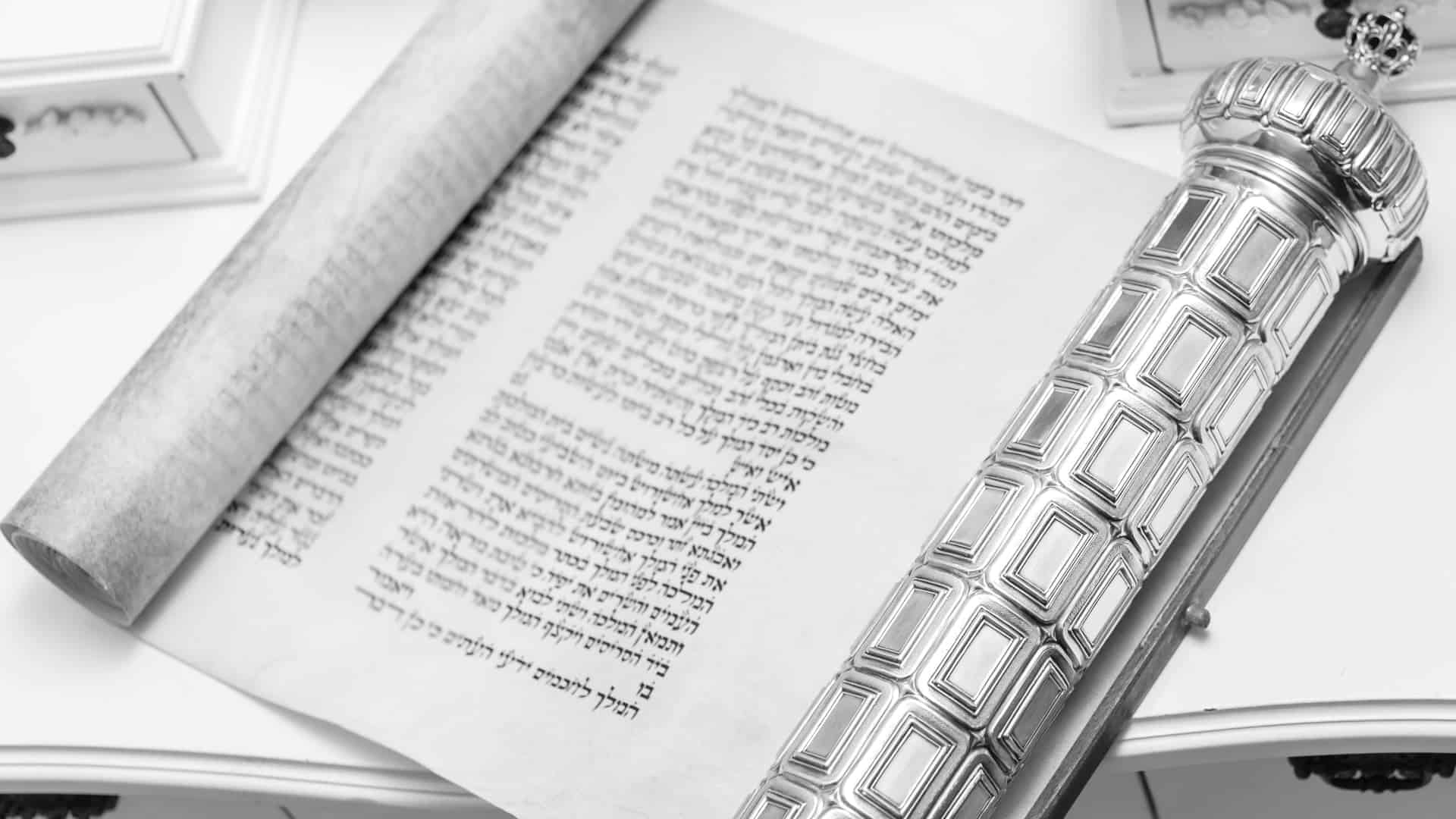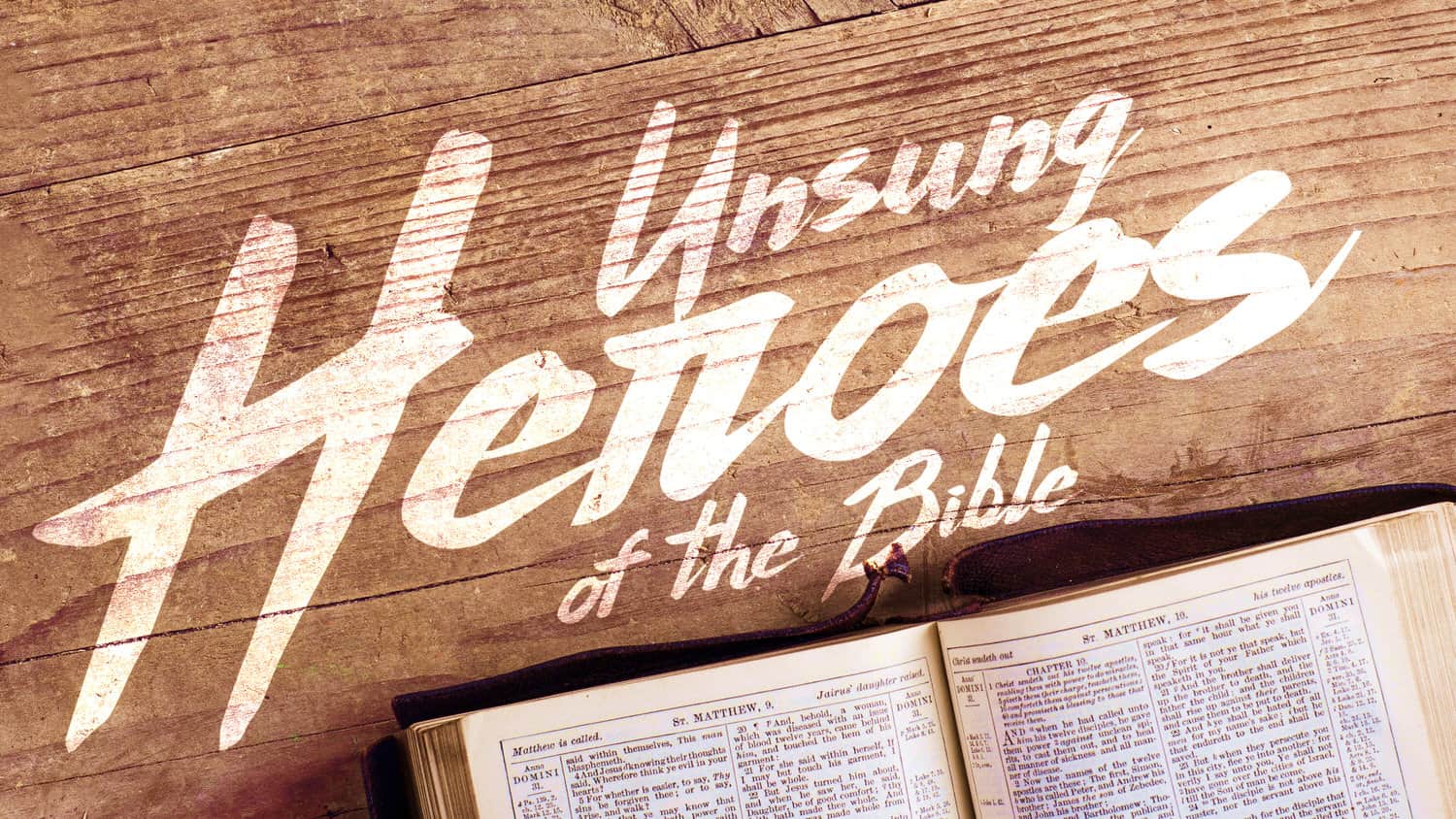Flawed People in a Corrupt World (Esther 1-2)

Big Idea: We live in an impressive and corrupt world, and yet God uses his people even when they’re flawed.
I don’t need to tell you that we live in a chaotic and dangerous world. If you weren’t convinced of that before, you’re probably convinced now. We live in a world gone mad.
The question is: how do we live in a world gone mad? How do you cope with racial riots, political unrest, financial uncertainty, and changing morality, especially when people of faith are marginalized? How do you make sense of things that don’t make any sense? How do we engage when you face unrelenting pressure to compromise and go along with the values of a powerful world?
Esther is going to help us.
Let me introduce you to the story today, and let me tell you what I think we can learn. Let’s plunge in.
The Story
Chapter 1
Chapter 1 begins with the most powerful man in the world at that time. His name is Ahasuerus, known to history as King Xerxes the Great, ruler of a huge empire that stretched from modern-day Ethiopia to modern-day Pakistan.
And he’s just thrown a six-month party to show off. “He showed the riches of his royal glory and the splendor and pomp of his greatness for many days, 180 days” (Esther 1:4). For months, he’s showed himself off to everyone who matters as he flaunts himself and gets ready for war against the Greeks.
But now the party has shifted. The last delegation of nobles has gone home. And Xerxes has opened his palace for a final week for “all the people present in Susa the citadel, both great and small, a feast lasting for seven days in the court of the garden of the king’s palace” (1:5). Imagine the scene:
There were white cotton curtains and violet hangings fastened with cords of fine linen and purple to silver rods and marble pillars, and also couches of gold and silver on a mosaic pavement of porphyry, marble, mother-of-pearl, and precious stones. Drinks were served in golden vessels, vessels of different kinds, and the royal wine was lavished according to the bounty of the king. (Esther 1:6-7)
Put yourself there. You’re just an ordinary person, but you’re in the palace. Imagine yourself standing in a majestic hall adorned with an impressive array of 36 towering columns, each soaring to a magnificent height of 70 feet. Everywhere you look you see sculptures, engravings, silk, and gold. The wine is flowing. It’s a good time.
And the king is drunk. Not a little drunk, but embarrassingly drunk. On the final day, things get weird. He summons the queen to display her beauty to the crowd. He’s showed off his wealth; now he wants to show off his wife, but Queen Vashti won’t have any part of it. The queen wasn’t the king’s friend or companion. Xerxes wanted to show her off just like he’d showed off his property, like a sexual object. The queen wanted no part of this. She didn’t want to be leered at by a crowd of drunken men. And so in a world in which defying the king meant trouble, she refuses, is banished.
Chapter 2
That’s chapter 1. In chapter 2, some years have passed. Xerxes has been defeated by the Greeks in a battle. Some of you know about this battle if you’ve heard of the film “300” and the Spartans.
Shortly after his defeat, Xerxes comes back home humbled. Historians say he lives a life of sensual overindulgence, sleeping even with the wives of the nobles in his kingdom.
Then something crazy happens. An attendant suggests that they find a new queen by gathering every beautiful virgin into his harem, giving them a year’s worth of beauty treatments, and then bringing them into the king one by one to see who pleases him the most. And that’s exactly what happens. He adds every beautiful woman to his collection. As Mike Cosper writes, this is not “The Bachelor: Ancient Persia. It’s more like Who Wants to Marry a Brutal Persian Dictator? It’s a story of kidnapping, human trafficking, and rape.” It’s a brutal story.
Esther, a Jewish woman, is caught up in this story. We’re not told how she feels about it. The text leaves a lot of questions for us. As you read the story, you get the sense that she’s caught up in events beyond her control. We don’t know a lot about her except that she’s assimilated into the Persian culture. She’s a Jewish person who’s indistinguishable from the wider culture. She gets centered out for special treatment. And when it’s her time to for her night with the king, she ends up pleasing him the most.
The king loved Esther more than all the women, and she won grace and favor in his sight more than all the virgins, so that he set the royal crown on her head and made her queen instead of Vashti. (Esther 2:17)
So many questions! And we have plenty of questions too about her cousin Mordecai, who also blends into Persian culture, doesn’t try to protect Esther, and who tells Esther to keep her Jewish identity secret. The book is ambiguous about what we should think about them. I think we’re meant to feel uncomfortable, not quite sure what to make of their decisions, their character, and their motives. This is a morally ambiguous and complex situation with no easy answers. At the very least they’ve lost their identity and assimilated to the world around them.
One more scene as we finish this part of the story. As chapter two ends, Mordecai discovers a plot to assassinate King Xerxes. He tells Esther, who tells the king, and the king is saved, and the officials impaled on poles. We’re left to wonder what in the world is going to happen next.
Lessons
I want to spend a few minutes thinking about what this part of the story teaches us. Here’s the first part.
We live in an impressive but corrupt world.
The events we read took place 2,500 years ago. And yet I want to remind you that we see many of the same things in our world today:
- the rampant abuse of authority
- the flaunting of wealth by those who have a lot
- the exploitation of women
- the relentless pressure to assimilate ourselves and to hide our identities as followers of God
We learn a lot about the way the world operates in Esther 1 and 2. We learn that the world is:
- powerful, covering vast swaths of land
- invincible, with a small group of people in authority pretty much able to do whatever they want until they get caught
- impressive — you can’t help but be impressed by the power and wealth you see in this story!
- exploitative — women are mistreated and objectified
- dangerous — to resist the power structures is to risk your life
This is the world in which we live, and Esther is a penetrating critique of what is wrong with it. This is not the world in which we were meant to live, but this is the world that we live in whether we want to or not. We live in a world gone mad.
The Bible has a term for this. We’re exiles. We’re not meant to be at home here. Our world is very much like the world we see in Esther: impressive and utterly corrupt. This is the world in which we live, and this story helps us to see it. Esther helps us understand 2020 in which things seem completely out of control.
We live in an impressive but corrupt world, but that’s not all:
God still uses his people even though they’re flawed.
Here’s the thing about Mordecai and Esther. It’s hard to turn them into heroes. At the very least they seem to be caught up in events beyond their control. They seem to have assimilated into Persian culture very well. They hide their identity as one of God’s people, and we’re left with some questions about their choices in this story. Esther is not your typical hero story.
And yet, as we’re going to see next week, God is never mentioned, but God is at work in this evil empire, using questionable and flawed people to accomplish his purposes. “God is at work through these flawed people, even though they do not show any awareness of him” (Eric Ortlund).
Who is the hero of this passage? God is the hero of the passage, showing grace to his undeserving people and using them in spite of themselves.
This is how God works: in weakness. We can laugh at powerful empires, because they are no match for how God works through flawed people.
Tim Keller says:
The reader will be led to ask, again and again, “what in the world is this story doing in the Bible?” The answer is an important one—it is the gospel! … The Bible (unlike other faiths) is not about emulating moral examples. It is about a God of mercy and long-suffering who continually works in and through us despite our constant resistance to his purposes.
Hear this. It’s important:
God relentlessly offers his grace to people who do not deserve it nor seek it nor even appreciate it after they have been saved by it…The point is that the only true hero is God, the only true savior is the Lord. Judges is ultimately about grace abounding to chief sinners. God’s grace will triumph over the stupidest actions.
This is very good news for us!
A lot of people think that church is about a good person telling good people how to be good. It’s the very opposite of that. Church is about a sinner telling other sinners of a gracious God who chooses to graciously save his people and to accomplish his purposes even in our weakness. That’s the good news of the gospel.
Friends, we live in an impressive and corrupt world, and yet God uses his people even when they’re flawed. He is the true and gracious King, and by his grace he can use you.
Father, help us to see this world for what it is: impressive and yet deeply broken and corrupt. And help us to see ourselves: often swept up in events that seem beyond our control, sometimes making questionable choices.
But most of all help us to see you, the true King, who rescues and uses us despite our flaws. May we lean into your grace today because we need it. In Jesus’ name. Amen.





